How the world woke up to the power of protest songs such as John Farnham’s You’re The Voice
AS protest songs go, You’re The Voice, which became a huge hit for John Farnham, had an inauspicious start.
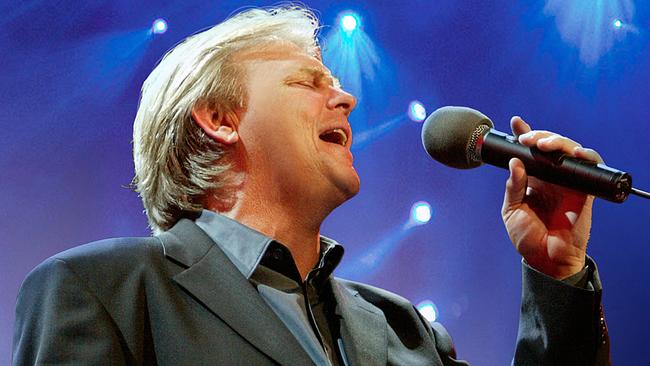
Today in History
Don't miss out on the headlines from Today in History. Followed categories will be added to My News.
AS protest songs go, You’re The Voice had an inauspicious start, emerging from Christmas harmony vibes enjoyed by English former lead singer with Manfred Mann’s Earth Band, Chris Thompson, in the mid-1980s.
Far from setting out to write a protest song, Thompson’s only observation was that his music needed “slightly political” lyrics.
The lyrics belted out in 1986 to become a global hit for Melbourne pop idol John Farnham, and now adopted as an anthem by Reclaim Australia protesters (much to Farnham’s disgust), came from the pen of another English performer, Procol Harum lyricist Keith Reid.

Explaining the song’s origins Reid recalled, “Chris called me and said, ‘I’ve got something and I don’t know what to do with it lyrically. It feels as though it should be slightly political, but I don’t know. Have a listen.’
“We sat down, he played me the tune, and I got the title idea, ‘You’re The Voice’. It’s an anti-war song in a way, but it was more of a ‘make your voice heard’ kind of thing. Wake up to your own power.”
Eurythmics backing singer Maggie Ryder and former Cockney Rebel Andy Qunta are also credited on the December ’85 composition, which pales against such ’80s protest songs as Briton Paul Hardcastle’s anti-war Nineteen, or even Nena’s German hit 99 Luftballons, inspired by fear of the Cold War escalating into full-blown warfare.
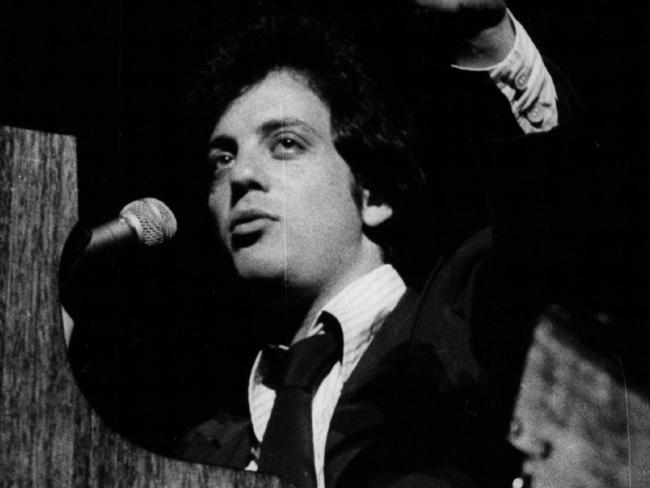
In America, Billy Joel had put Reaganonmics to music in Allentown, where “they’re closing all the factories down ... killing time, filling out forms, standing in line”.
In Australia Redgum’s John Schumann composed anti-war ballad I Was Only 19 (A Walk In The Light Green) recorded in 1983, while by 1985 the Warumpi Band confronted racism with the lyrics, “Black fella, white fella, It doesn’t matter, what your colour, As long as you, a true fella”.
The recorded history of protest songs and ballads — defined as songs associated with a movement for social change — supposedly dates to the repetitive lines of Cutty Wren, recited during the English Peasants’ Revolts of 1381, when King Richard II attempted to enforce a poll tax, although evidence is sparse.
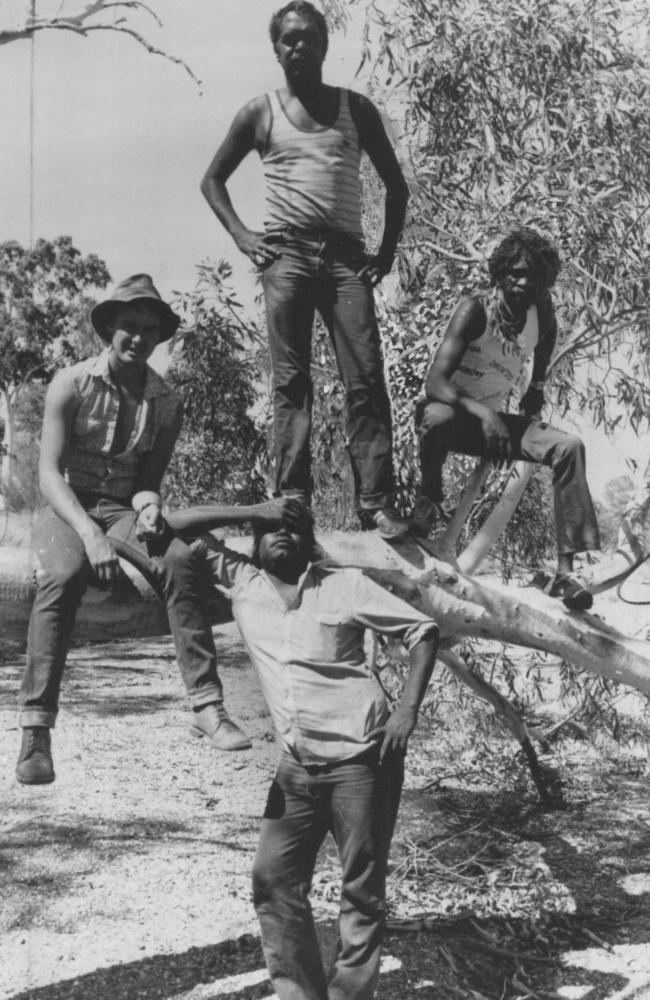
But the question, “When Adam delved and Eve span, who was then the gentleman?”, posed by radical preacher John Ball during the revolts, has endured.
Ball travelled England arguing that if all citizens were equally sons of Adam or daughters of Eve, how did some get the hereditary right to lord it over others?
Captain John Hawkins’ first known English voyage to take Africans to America as slaves in 1562 added another dimension to protest songs, especially when British convicts were loaded on to ships bound for its American colonies from the 1620s to 1776.
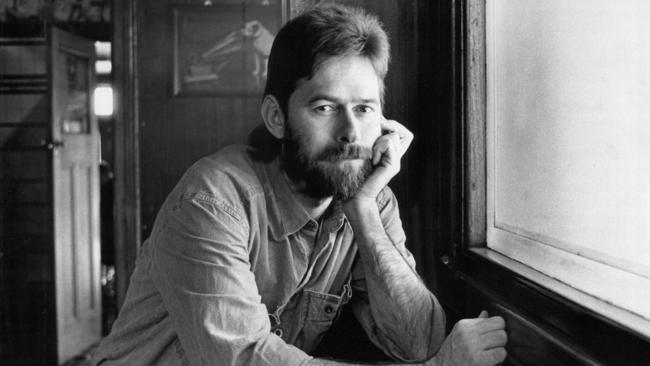
Few records survive on up to 100,000 convicts transported to North America and the West Indies. But the Irish lament known in Australia as The Black Velvet Band was sung in America as The Blue Velvet Band. Known in Britain, America, Australia, Ireland and Canada from the 1790s, it was likely both a warning and a protest against transportation.
In southern America, religious hymns merged with field songs as overtly political slavery protest songs of action and rebellion. In 1813, a secret South Carolina slave organisation opened and closed meetings with the lyrics, “Arise, Shake off your chains! Your cause is just, so Heaven ordains, To you shall freedom be proclaimed! Call every Negro from his task ... And drive each tyrant from the land!”
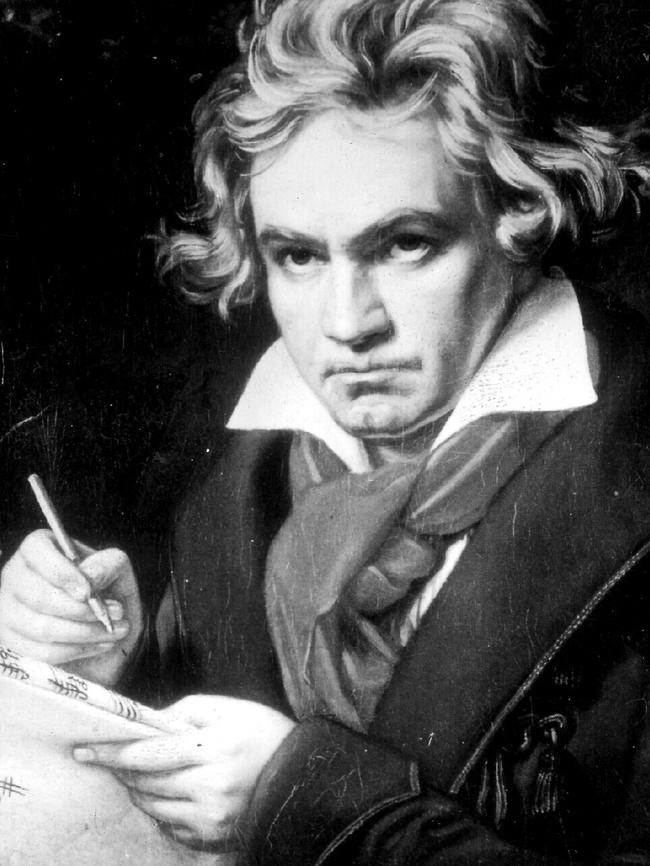
In Australia, Irish convict Francis MacNamara, shipped to NSW in 1832, penned colonial songs of pain. His melancholy ballad Moreton Bay described, “Excessive tyranny each day prevails, For three long years I was beastly treated, And heavy irons on my legs I wore, My back from flogging was lacerated”. He followed it up in 1839 with A Convict’s Tour To Hell.
BEETHOVEN STRUCK A CHORD
Ludwig van Beethoven’s uplifting chords in his Ninth Symphony in 1824 popularised German poet Friedrich Schiller’s An die Freude, written in 1785. Known in English as Ode to Joy, Schiller’s lines “Thy magic power reunites, All that custom has divided, All men become brothers, Under the sway of thy gentle wings”, have been interpreted as a universal prayer that all men will unite as brothers.
Adopted as the Anthem of Europe by the Council of Europe in 1972, and subsequently the European Union, it was sung by Chilean demonstrators during the Pinochet dictatorship and broadcast at Tiananmen Square by Chinese student demonstrators in 1989.
Originally published as How the world woke up to the power of protest songs such as John Farnham’s You’re The Voice


